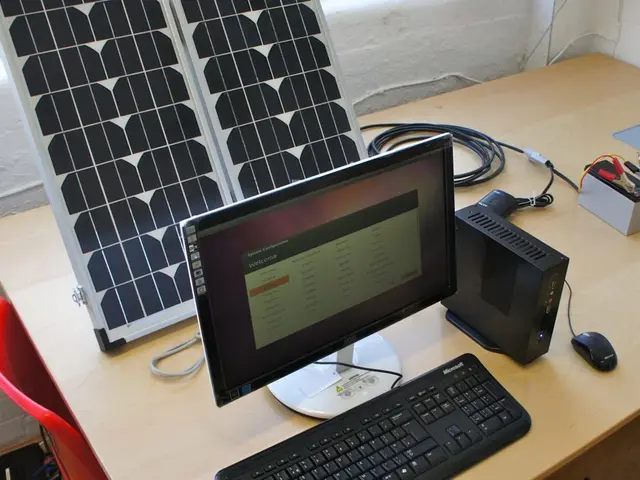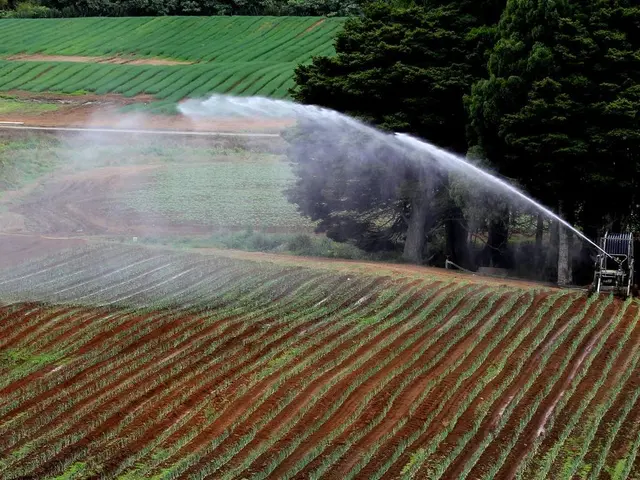Intense Pressure on Farm Workers Reaches Crisis Point in Agricultural Sectors
In the heart of Brazil, the city of Araraquara, population 250,000, a new office hums with activity. This is the base of operations for Rafael de Araújo Gomes, a prosecutor specializing in labor law, who has taken up the battle against slave-like labor conditions in the country's agricultural sector.
Gomes, who moved into his new office last August, has been a vocal critic of Cutrale, one of the three Brazilian juice companies that largely control the Brazilian market. Cutrale supplies orange juice to Europe and the rest of the world.
According to Gomes, Cutrale has been accused of using 'dirty practices' and has defended the rights of pregnant women against the company. He warns that such legislative initiatives could gain momentum, like the one for Uber drivers that is currently in parliamentary committees.
The 'Dirty List,' a tool to draw attention to inhumane working conditions in export agriculture, especially in orange, fruit, and coffee cultivation, has published numerous cases in the past 12 months. In the neighboring state of Minas Gerais alone, there were 24 cases of workers rescued from slave-like labor conditions. The state of São Paulo has seen 2 to 3 such cases in the same period.
These conditions, according to Brazilian labor law, exist if accommodations are inhumane, if debt bondage is present through the calculation of usurious prices for accommodation, transport, and food, if legally fixed working hours are significantly exceeded, and workers are held on farms against their will.
The rural workers' union Contar criticizes that the number of specialized public prosecutors like Gomes is too low and the infrastructure behind them is weak. They argue that this allows for massive exploitation of pickers to be treated as minor offenses instead of serious crimes, as criticized by labor law professor Livia Miraglia from the University of Minas Gerais.
The Brazilian government under conservative leaders Michel Temer and Jair Bolsonaro has led to numerous setbacks in labor rights. However, the current president, Luiz Inácio Lula da Silva, has hired around 800 new inspectors in the Ministry of Labor to combat these issues.
Gomes is not alone in his fight. Sandra Dusch, an orange juice expert, recently visited Gomes to learn about labor rights issues. Public prosecutor Gomes reports that there are many initiatives from the business community to pressure workers and employees to register as self-employed. However, the exact names of these companies remain unspecified in the search results.
The other two Brazilian juice companies, Citrosuco and Louis-Dreyfus-Juice-Company, have not been publicly implicated in these labor rights violations. Nonetheless, the fight against slave-like labor conditions continues, with Gomes and others vowing to ensure that every worker in Brazil's agricultural sector is treated with the dignity and respect they deserve.








